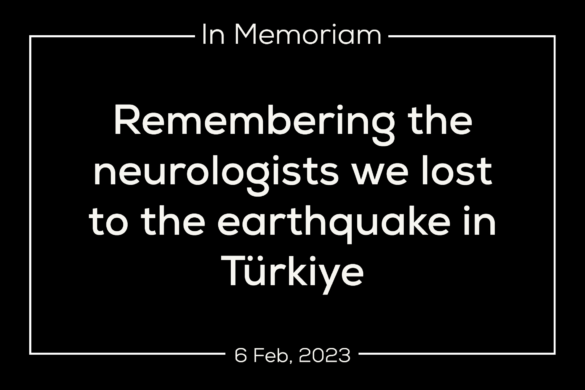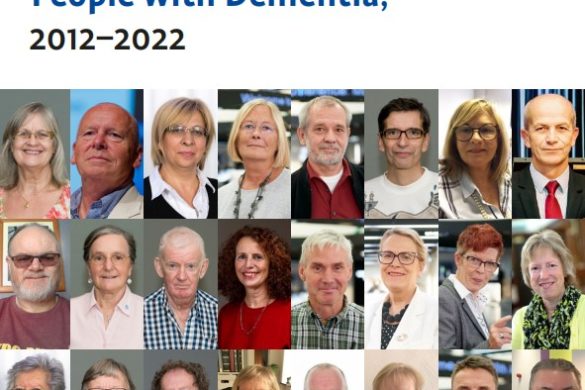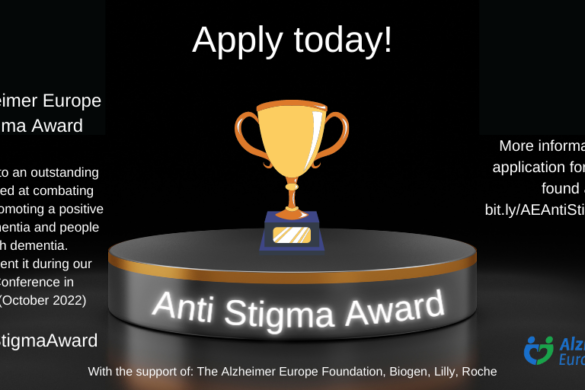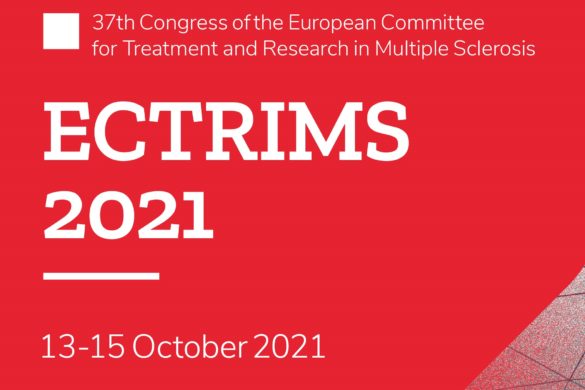by Kate Boor Ellis
On 20 August the journal Alzheimer’s & Dementia: Translational Research & Clinical Interventions published a paper titled ‘Identifying relevant outcomes in the progression of Alzheimer’s disease; what do patients and care partners want to know about prognosis?’. Alzheimer Europe Director for Projects, Dianne Gove, and Project Officer, Ana Diaz, were co-authors of this paper, with research being led by the Alzheimer Center Amsterdam.
Prognostic studies in the context of Alzheimer’s disease (AD) have previously mainly predicted time to dementia. However, it is questionable whether onset of dementia is the most relevant outcome along the AD disease trajectory from the perspective of patients and their care partners. The researchers therefore aimed to identify the most relevant outcomes from the viewpoint of patients and care partners, using a two-step, mixed-methods approach. They conducted four focus groups in the Netherlands, followed by a survey conducted across Europe, eventually identifying a core list of outcomes, and found that prognostic information related to cognitive decline, dependency, and physical health were considered most relevant by patients and their care partners.
Their findings have implications for research and clinical practice. Given that information on individual disease trajectories can support patients, care partners, and healthcare providers to plan and organise care, the researchers are currently collecting patient-reported outcomes (PROs) in the context of the European ADDITION JPND project and Dutch ABOARD project, with the ambition to integrate these PROs into a disease progression model.
Read the study, here.













